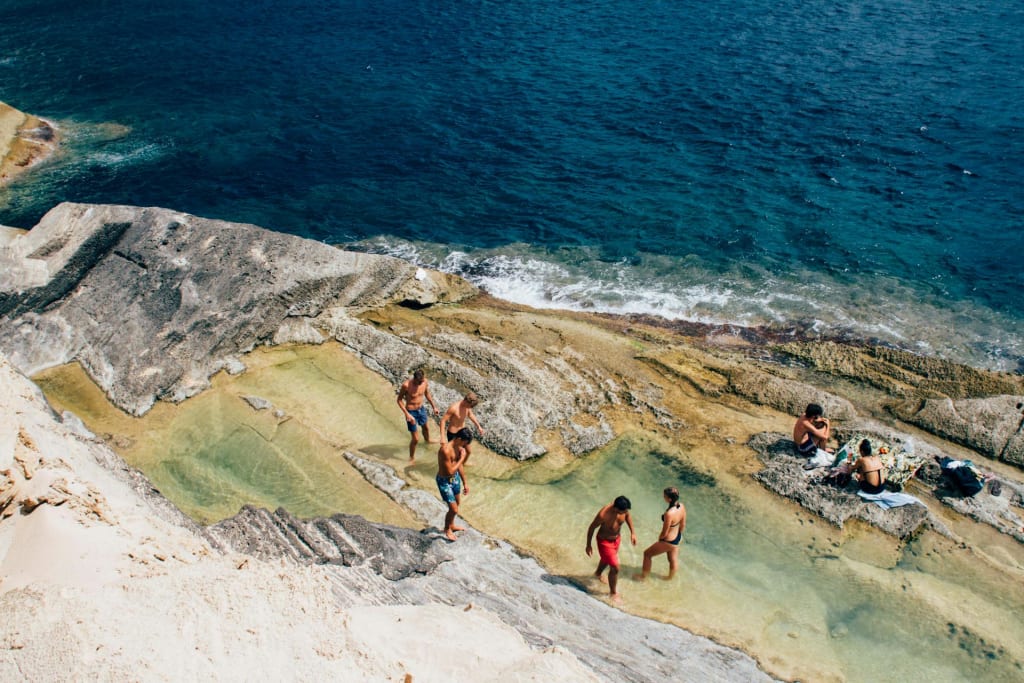Soothing Sunburn: Effective Remedies and Essential Tips
Importance of Sunscreen Protection

Whether you're enjoying a day at the beach, by the pool, or picnicking on the Fourth of July weekend, protecting your skin with sunscreen is crucial. The American Academy of Dermatology emphasizes that sunscreen not only helps prevent sunburn but also reduces the risk of skin cancer and premature aging. Proper application ensures maximum effectiveness and should be a routine part of outdoor activities.
The Impact of Sunburn
Despite widespread awareness, statistics from the U.S. Department of Health and Human Services reveal that sunburn affects 1 in 3 Americans annually. This high incidence underscores the importance of understanding sunburn’s risks and proper treatment to mitigate potential skin damage. Ultraviolet (UV) radiation, primarily from the sun, is responsible for over 90% of skin cancers, including melanoma, the deadliest form of skin cancer.
Treating Sunburn Correctly
Dermatologist Lindsey Zubritsky advises that while sunburns can be painful and take time to heal, prompt and appropriate treatment can alleviate discomfort and facilitate recovery.
Recommended Treatment Methods
1. Hydration and Cooling Baths: Cooling the skin with cool baths or showers helps reduce inflammation and soothe sunburned areas. It’s essential to avoid hot water, which can further irritate the skin.
2. Moisturizing with Aloe: Aloe vera has long been recognized for its soothing properties. Applying moisturizers containing aloe vera or pure aloe gel can provide relief, hydrate the skin, and aid in healing damaged tissue.
3. Pain Relief with Ibuprofen: Over-the-counter pain relievers such as ibuprofen or aspirin can help reduce pain, inflammation, and swelling associated with sunburn. Always follow dosage instructions and consult a healthcare professional if unsure.
4. Avoid Ice and Benzocaine: Contrary to popular belief, applying ice directly to sunburned skin can cause frostbite and damage sensitive tissues. Similarly, products containing benzocaine should be avoided as they may irritate the skin or cause allergic reactions.
5. Stay Hydrated: Sunburn draws fluids to the skin's surface and can lead to dehydration. Drink plenty of water and fluids to help restore hydration levels and support overall recovery.
When to Seek Medical Attention
While most sunburns can be treated at home with the aforementioned remedies, certain symptoms warrant medical attention:
- Severe Blisters: Large blisters or blisters covering a significant area of skin may indicate a more severe burn and require medical evaluation.
- Facial, Hand, or Genital Blisters: Sunburn on sensitive areas such as the face, hands, or genitals may need professional care to prevent complications.
- Signs of Infection: If sunburned skin shows signs of infection such as increasing pain, redness, swelling, or pus-filled blisters, seek medical help promptly.
- Systemic Symptoms: Symptoms like high fever (>103°F), severe pain, headache, confusion, nausea, vomiting, or chills may indicate severe sunburn and require immediate medical attention.
Prevention and Long-Term Skin Health
Preventing sunburn is the best approach to safeguarding skin health. This includes:
- Applying Sunscreen: Use a broad-spectrum sunscreen with SPF 30 or higher, applying it generously and frequently, especially after swimming or sweating.
- Seeking Shade: Limit direct sun exposure during peak UV hours (10 a.m. to 4 p.m.) and use protective clothing, hats, and sunglasses.
- Monitoring Skin Changes: Perform regular skin self-checks and consult a dermatologist for any unusual moles, growths, or changes in skin appearance.
Conclusion
Understanding how to effectively soothe and treat sunburn is essential for everyone who enjoys outdoor activities. By following these guidelines, you can manage sunburn symptoms, promote healing, and know when to seek medical help if necessary. Remember, protecting your skin from excessive sun exposure is crucial not only for avoiding sunburn but also for preventing long-term skin damage and reducing the risk of skin cancer. Prioritize sun safety to enjoy the outdoors safely and responsibly.
About the Creator
Enjoyed the story? Support the Creator.
Subscribe for free to receive all their stories in your feed. You could also pledge your support or give them a one-off tip, letting them know you appreciate their work.





Comments
There are no comments for this story
Be the first to respond and start the conversation.